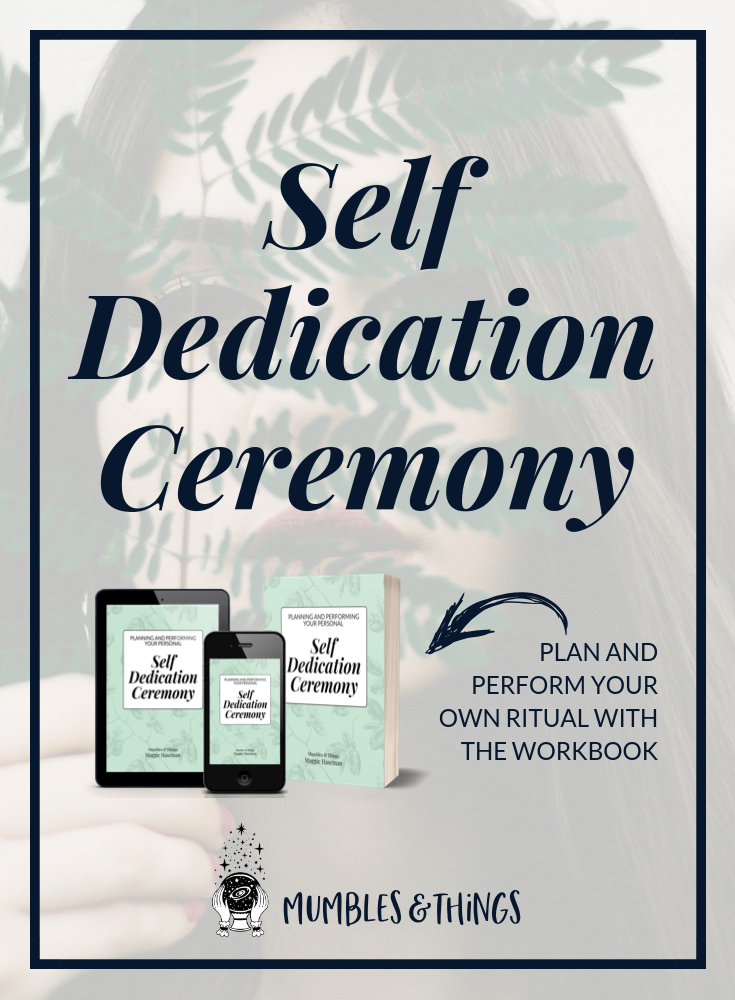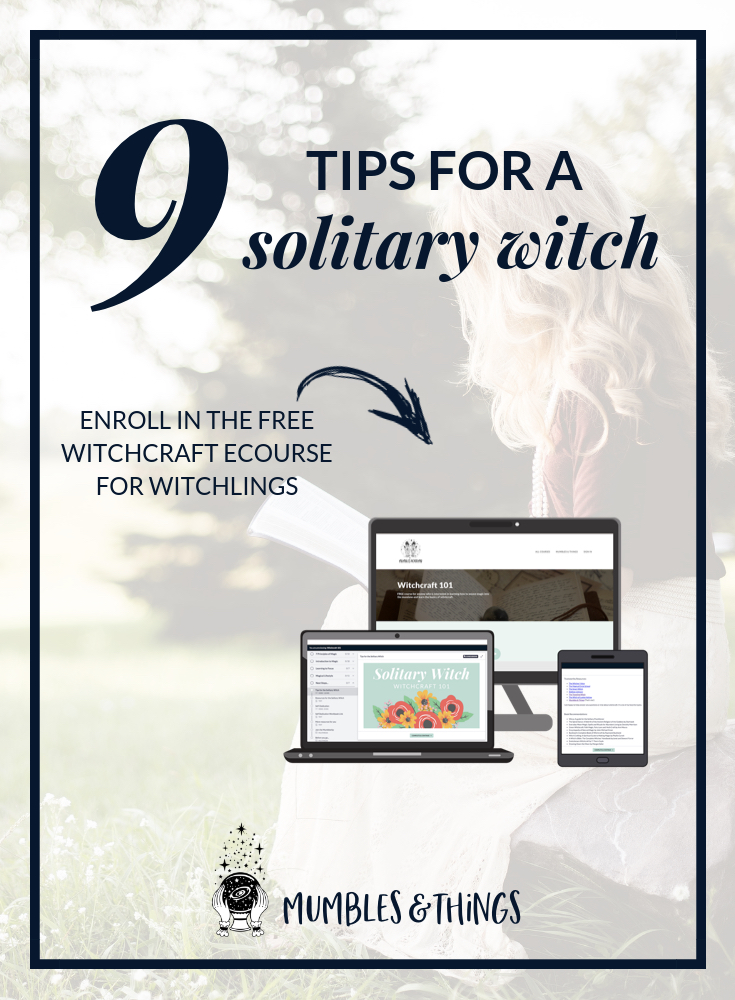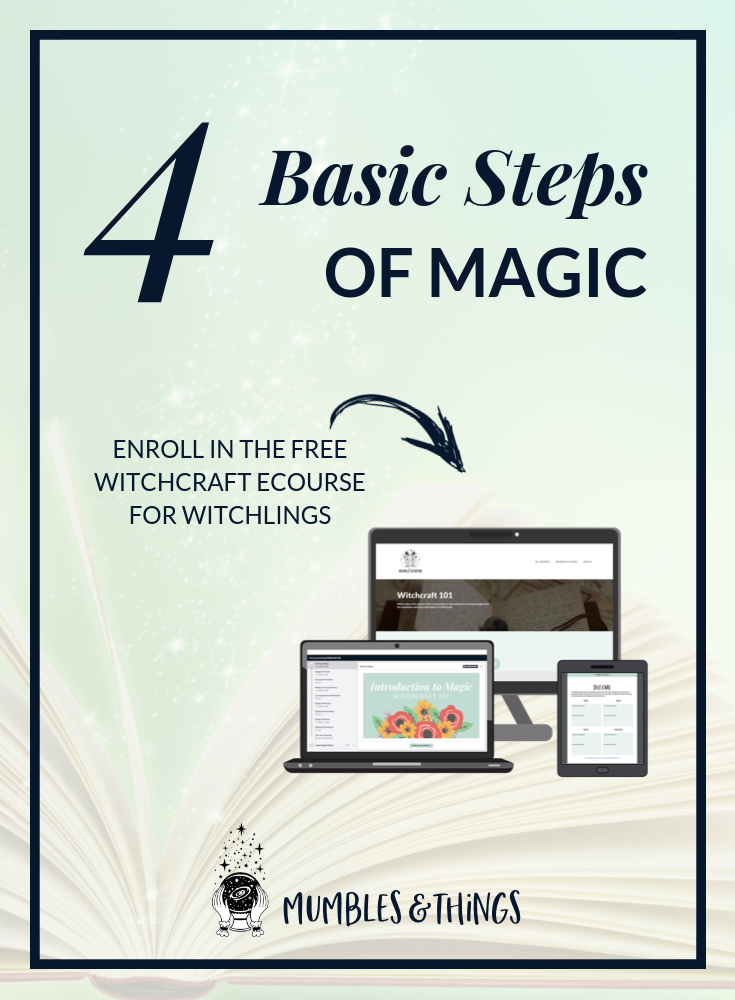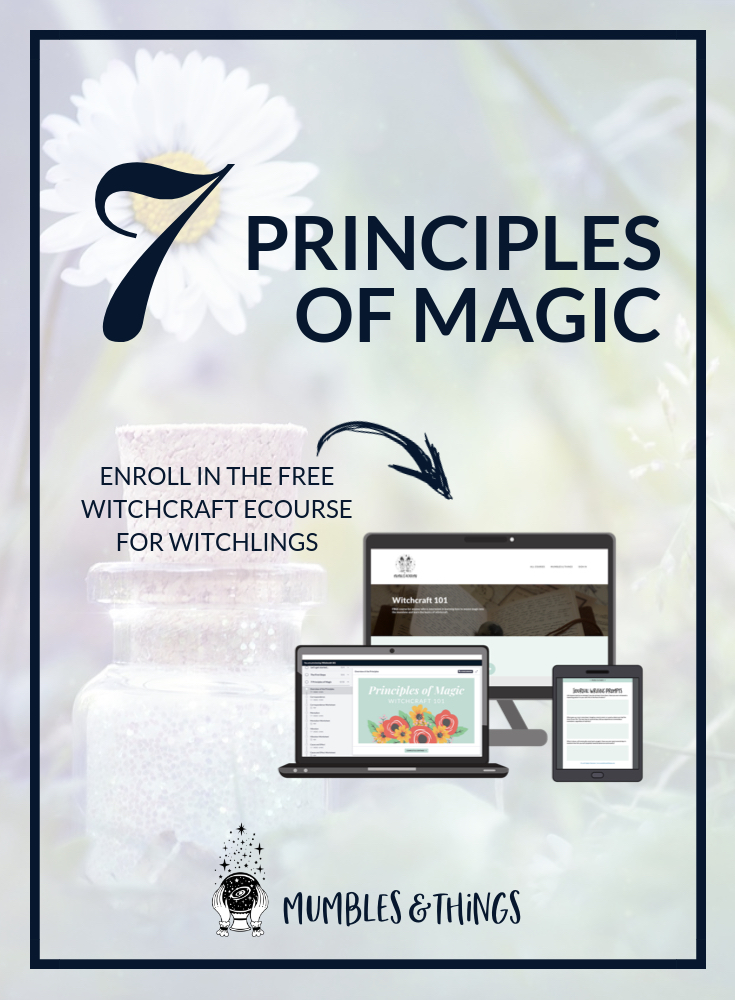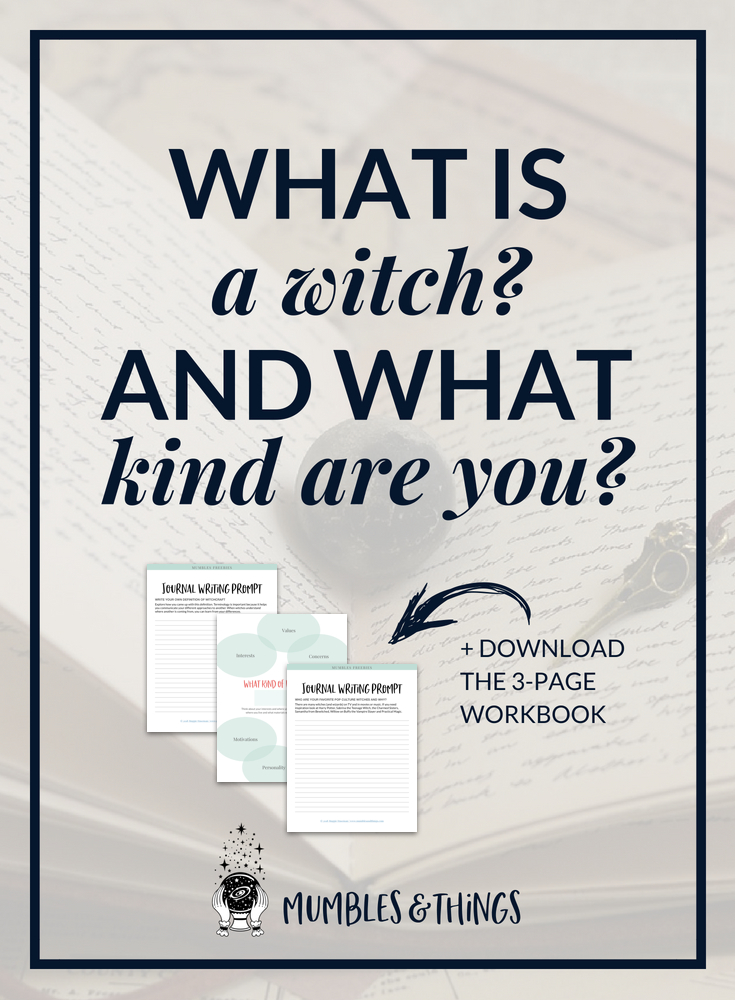Witchcraft 101: 9 Tips for a Solitary Practice
There are many self-initiated witches. Solitary witchcraft is not the only path to witchcraft out there. It just happens to be the only path I have any experience with. Solitary witchcraft is a valid, if challenging, path to take when entering the world of magic. There is little guidance available to those who strike out on their own. You will need to do a lot of self-discovery. Here are a few tips for those who have decided to go it alone. Hopefully, this offers solitary witches some support with where to start.
1. Solitary witches aren’t actually alone.
There are many resources available on the internet to help guide and teach us. There are immeasurable amounts of information and opportunities to connect with like-minded individuals. A quick search on Google or YouTube will take you to a vast array of practitioners of all sorts. Plus, there are now so many free podcasts available to download and listen to.
And of course, I am happy to help answer any questions or chat about witchcraft. It's one of my favorite topics.
It’s important to note that not all sites are trustworthy, so just trusting the first thing you google could lead to trouble. Make sure to cross-reference any information you find online with at least two other sources. And trust your intuition.
2. Clarify your intentions.
Start by asking yourself this question: “Why am I interested in self-initiation and a solitary practice?” There is no one right answer to this, and you will find your answer through your own experiences, hard work, creativity, persistence, determination, and wisdom. Even if you answer today, the answer to this question will likely change and grow as you do. Continue to check back in with yourself with this question so that you don’t lose track of your intent. A healthy spiritual practice can help you recharge, cope with stress, resolve crises, and guide your choices. If your solitary practice is not providing you with these things, you may need to re-evaluate why you’re doing it.
3. Gather your resources.
You are going to need to read. You are going to need to read a lot. Diversify your sources and your content. Try to mix in traditional texts with modern witchcraft so you don’t miss out on the original intention of folk traditions. You may also want to read texts by people of varying races, nationalities, and genders. You’re looking for wisdom here. Try to use anything you read about soon after. This is a use it or lose it journey in education.
4. Adapt without losing context.
Once you have a basic framework to use for your practice, add things that fit into your vision. If you learn something that you like, try it out. Make sure you give it a chance to teach you, and don’t force anything that’s not working.
5. Keep track of sources.
Whether you are sharing information publicly or keeping it private, make sure you write down the source. Not only is it important to give credit to the author, you may need to come back to it later to clarify something and you will have forgotten where it came from. Being honest with yourself is an important part of magical and spiritual growth. Respect your own creativity, maintain your personal integrity, and you will find your practice is more meaningful and natural.
6. Document your core beliefs.
Sign it, date it, and place it in your journal or Book of Shadows. Choose a time each year to re- examine it. A good time to do this may be the start of the witch’s year at Samhain (November 1st in the northern hemisphere), the start of the astrological year when the sun moves into Aquarius (January 19th), or New Years Day of the Gregorian Calendar (January 1st). You decide. When you look at this document again, think about what you meant when you wrote it and what you've learned since then. Your mindset might not have changed at all over the year, or you may find that you have taken your practice in a completely new direction and need to rewrite it entirely.
7. Don’t compare yourself to others.
Having a solitary practice means that you get to work at your own pace and modify everything to suit your own needs. Measuring your progress against other people is a waste of time and energy. You have a unique perspective and process. Focus on creativity and sincerity to guide you, and you will have a successful practice.
8. Approach your craft as a healing path.
Solitary work is ideal for self-transformation and personal healing. Notice (and document) the way your practice changes over time. As healing occurs, as changes take place, as you become more fully integrated and whole, your rituals will become more balanced and holistic as well.
9. Consider sharing with others.
Solitary work is very personal, so it’s totally valid to keep your work to yourself. Besides, what worked for you may not work for another. But, if it feels right to you, take some time to share some of your success. Just because you work alone doesn’t mean you can’t help others on their path. On that note, if you do share your secrets, be sure to respect the freedom of others to pursue their own path. You may find that people take your knowledge and alter it to fit their own path. If you find that others come to you, or that you are asked to share more details, it’s okay to say no. You are under no obligation to take on the task of becoming a teacher or guide or mentor.
Would you like to belong to an inclusive community of modern witches?
You are invited to join a coven of modern witches who are seeking to improve their witchcraft practice and manifesting skills, and to connect more deeply to their intuition in their everyday lives.
Inside Mumbles Academy, you’ll have access to our community. It’s designed to help you boost your manifesting confidence and connect you with your witchy circle.
This post is part of a series. Follow the entire Witchcraft 101 collection:
Continue your journey and share your experiences on the Mumbles & Things Facebook page.





